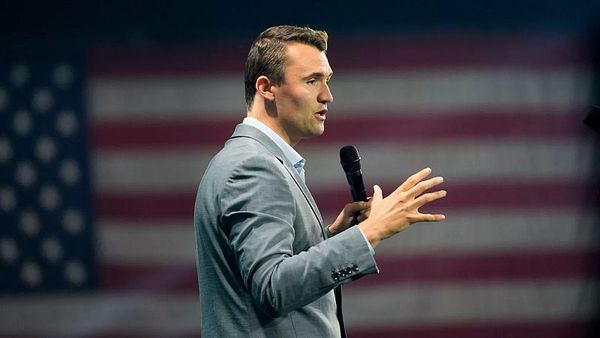There's still a lot to like about Eli Lilly stock, an analyst said Wednesday after the weight-loss drugs kingpin cut its fourth-quarter sales guidance by 5%.
Eli Lilly now expects $13.5 billion in fourth-quarter sales, roughly $400 million below the low end of its previous guidance. That includes $3.5 billion for type 2 diabetes drug Mounjaro and $1.9 billion for the weight-loss drug Zepbound.
Every element missed Wall Street's forecast.
"It's always disappointing to miss on expectations," Chief Executive David Ricks said during the J.P. Morgan Healthcare Conference. "We own that. It's our job to give good guidance to the Street. And we aim to land within that guidance normally."
The Street has lofty expectations for drugs like Lilly's Zepbound and Novo Nordisk's Wegovy. J.P. Morgan forecasts obesity drugs will be worth north of $100 billion by 2030.
"I think we're dealing with a kind of a business here that is pretty unprecedented in our sector in terms of size and scale and growth rate," Ricks added.
Eli Lilly Stock: What's There To Like?
Leerink Partners analyst David Risinger stayed upbeat.
"Although this is the second quarter in a row of disappointing results, we expect 2025+ financial performance and pipeline newsflow (specifically oral GLP-1 orforglipron Ph3 results) to be encouraging," he said in a report.
He kept his outperform rating on Eli Lilly stock.
On Wednesday, Lilly shares gained a fraction, closing at 746.74. That followed a 7% dive on Tuesday after Eli Lilly updated its guidance. The company also said it expects 2025 sales to be in the range of $58 billion to $61 billion, up 32% at the midpoint vs. 2024 guidance.
Sleep Apnea Could Drive Zepbound
Zepbound just won Food and Drug Administration approval to treat obstructive sleep apnea. That should lead to insurance reimbursement, at least, for people with Medicare coverage, Risinger said. Today, Medicare can't reimburse a patient for the cost of a weight-loss drug unless it treats another condition like sleep apnea or reduces the risk of a heart attack or stroke.
Lilly estimates there are 20 million Americans with moderate-to-severe obstructive sleep apnea. About 18.5% of the U.S. population is over the age of 65. This means there are about 3.7 million people in the Medicare age group who have moderate-to-severe obstructive sleep apnea.
Risinger sees the sleep apnea population as a "substantial revenue opportunity" for Eli Lilly.
Still, he cut his price target on Eli Lilly stock to 950 from 970.
Expanding Weight-Loss Drugs Abroad
Further, Zepbound topped rival Wegovy from Novo in a recent head-to-head study. Zepbound patients lost up to 20.2% of their body weight, while Wegovy recipients lost 13.7% of their body weight over 72 weeks.
The company is also working on launching Zepbound in China, India and Latin America. Those will be self-pay markets initially. Keeping up with demand could be a challenge, though. There are about 400 million people with obesity in China.
"(Management) said the company needs to make sure that when it triggers a launch in China, it has the capacity and doesn't cause disruptions for the remainder of the markets," Risinger said.
Follow Allison Gatlin on X/Twitter at @IBD_AGatlin.







